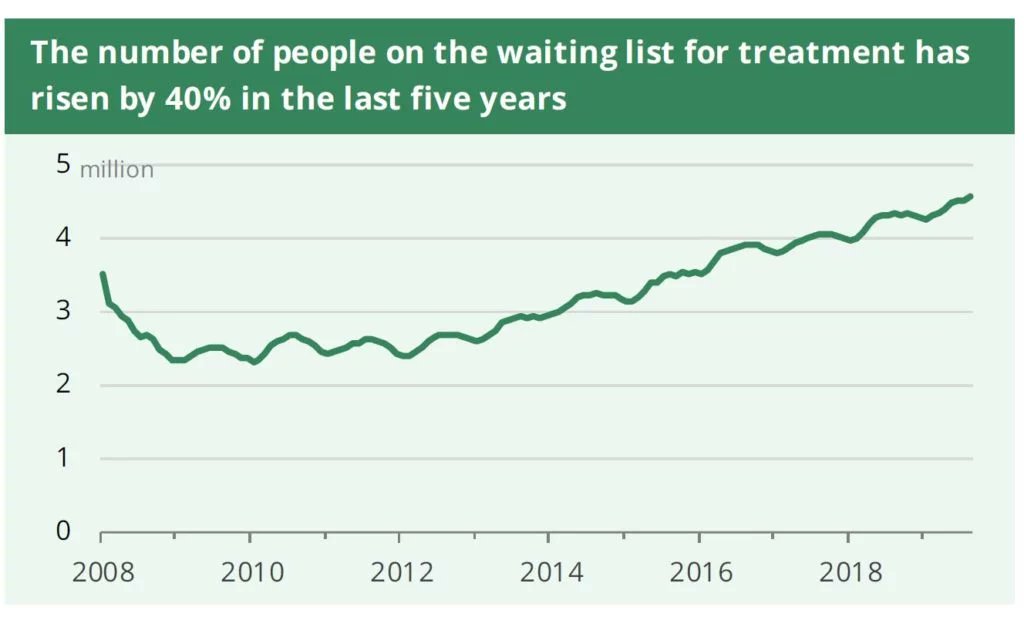Over the years, we've posted about some very unique, even weird insurance policies. From love to virginity to moon-watching, I thought we'd pretty much covered it all.
Not so much:
"Ernest Digweed was a retired schoolteacher from Portsmouth. When he died in 1976, he left behind approximately $44,000, with instructions that the money should go to Jesus Christ, if Christ should return to Earth in the next 80 years."
Okay, Henry, that is unique, even weird, but what does it have to do with insurance?
Well:
"Digweed's relatives ... weren't happy at all with the will and sued to get the money. Eventually ... the courts [agreed] to give it to them, but with one condition. The family had to take out an insurance policy that would pay back the money, should the original benefactor (Jesus) make an appearance."
As one might expect, this was indeed a case for that most famous of insurance markets:
"A Lloyd's [of London] broker has arranged coverage through a private insurance firm ... One problem was identification: There had already been two unsuccessful claims."
Just the two?
[Hat Tip: Ace of Spades blog]
Not so much:
"Ernest Digweed was a retired schoolteacher from Portsmouth. When he died in 1976, he left behind approximately $44,000, with instructions that the money should go to Jesus Christ, if Christ should return to Earth in the next 80 years."
Okay, Henry, that is unique, even weird, but what does it have to do with insurance?
Well:
"Digweed's relatives ... weren't happy at all with the will and sued to get the money. Eventually ... the courts [agreed] to give it to them, but with one condition. The family had to take out an insurance policy that would pay back the money, should the original benefactor (Jesus) make an appearance."
As one might expect, this was indeed a case for that most famous of insurance markets:
"A Lloyd's [of London] broker has arranged coverage through a private insurance firm ... One problem was identification: There had already been two unsuccessful claims."
Just the two?
[Hat Tip: Ace of Spades blog]






















